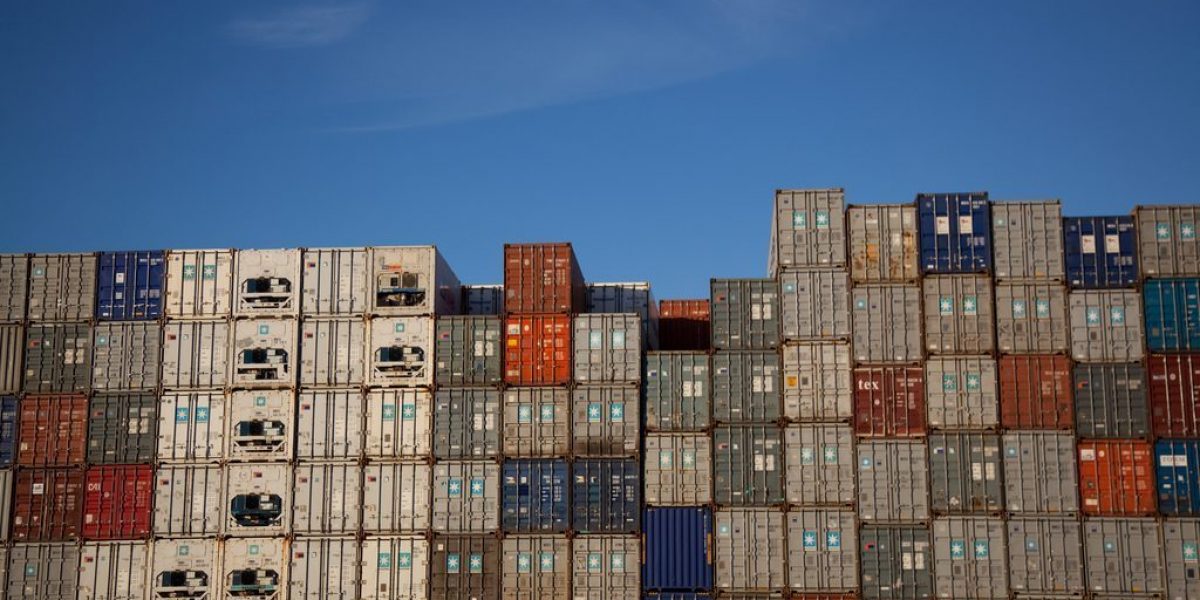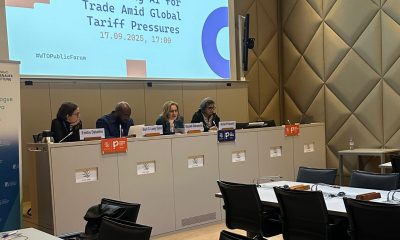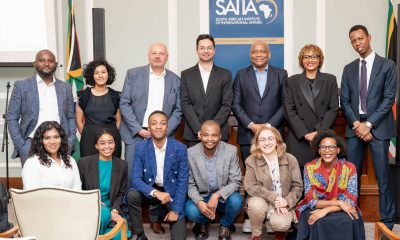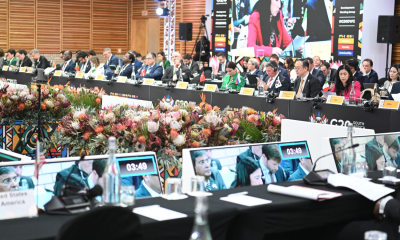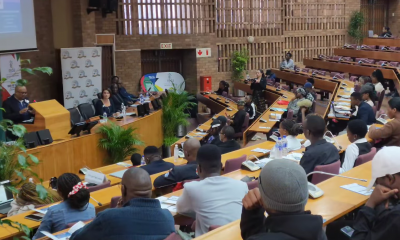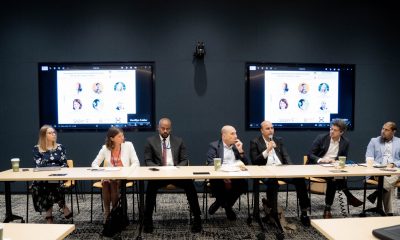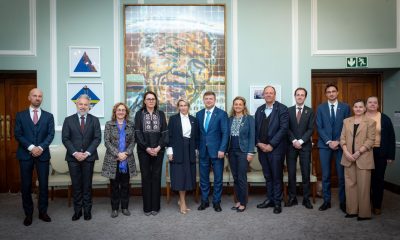The debate on unilateral trade policy reform in South Africa returned to centre-stage in October 2007, after Finance Minister Trevor Manuel argued in his Medium Term Budget Policy Statement that “The prices of gold, platinum and other commodities have risen sharply in recent years and this has helped us, but we need to take further and more aggressive steps to diversify our trade capacity. Because of its impact on productivity and innovation, trade policy has a central place in promoting competitiveness. Our approach needs to ensure that competition is fostered through tariff simplification and reform, and that incentives for investment and for research and development are appropriately targeted and effectively administered.”
The press coverage below captures the essence of the debate, including the strong rebuff from the Department of Trade and Industry, which disagrees with Minister Manuel.
- Manuel says SA should go it alone on free trade (Ensor and le Roux, Business Day)
- ‘Proposal to go it alone on trade misreads the evidence’ (Minister of Trade and Industry, Business Day)
- Rival crews can both steer by the star of competition (Draper and Parsons, Business Day)
- Why wait for Doha? (Bisseker, Financial Mail)
- Tralac Hot Seat Comment (McCarthy, tralac)
Outside of trade negotiations, South Africa’s trade policy (and by definition that of the Southern African Customs Union, including Botswana, Lesotho, Namibia, and Swaziland), is absent direction, and is not proactive. The Accelerated and Shared Growth Initiative for South Africa (Asgi-SA), for example, is silent on this subject. The new National Industrial Policy Framework is more specific, but does not suggest a comprehensive review and reform of the current trade policy regime.
This is because opinion is divided over the merits of South Africa’s trade reform programme to date. Controversy surrounds the links between these reforms, our trade performance, and overall economic performance. This despite the evidence suggesting that these reforms have delivered considerable benefits to the economy.
These considerations motivated us to begin a project, in November 2006, analysing the desirability of and prospects for further (unilateral) trade reform in South Africa. It will run for 18 months, is supported by the Regional Trade Facilitation Programme and Australian Aid, and will produce two books by the end of the first quarter in 2008.
The research has been tackled in the following stages:
- Baseline research assessing: developing country liberalisation since the 1980s; and the prospects for a strong developmental state in South Africa.
- The economics of trade reform in South Africa.
- A comparative, multi-country study of six cases of sustained trade reform, from a political-economy perspective. The chosen case studies are Australia, Brazil, Chile, India, Malaysia, and New Zealand.
- The regional implications of South Africa’s potential policy futures.
The research produced thus far may be accessed below. Please note that all except the first paper are yet to be published, and are thus not for referencing, in any way, at this stage.
- The Political Economy of Trade Liberalisation: What Lessons for Reform Today?
- The Developmental State Debate in South Africa
- Australia: The Political Economy of Australia’s Trade and Economic Reforms: Process and Lessons
- Brazil: Trade Policy and Reform in Brazil
- Chile: The Political Economy of Trade Policy Reform: Chile, 1974-2005
- India: Trade Reforms in India
- Malaysia: Trade Reforms: The Malaysian Experience
- New Zealand: Trade Policy Reform in New Zealand
- Regional considerations: Implications for the BLNS Countries (Botswana, Lesotho, Namibia and Swaziland) of South African Trade Policy Reforms

